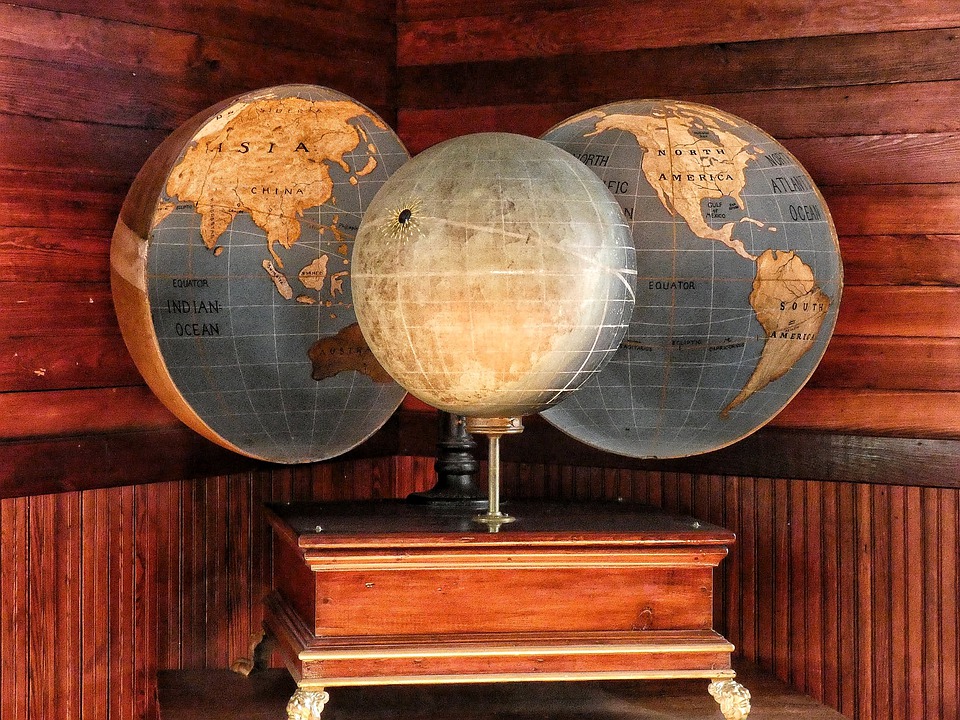Interfaith Dialogue: Bridging Divides in a Fragmented World
In an increasingly globalized world, where cultures, beliefs, and ideas collide, the need for understanding and compassion has never been greater. At the heart of this imperative is interfaith dialogue—a dynamic process in which individuals from various religious backgrounds engage in conversation to foster mutual understanding, respect, and cooperation. This article explores the significance of interfaith dialogue in today’s fragmented world and the ways in which it can bridge divides.
The Current Landscape of Division
The world is experiencing a surge in polarization, not only in political arenas but also within the context of religious and cultural identities. Extremism, intolerance, and misunderstandings often lead to conflict, violence, and social fragmentation. In such a climate, religious identities can be manipulated to foster division, highlighting the urgent need for a framework where diverse voices can come together constructively.
The Purpose of Interfaith Dialogue
Interfaith dialogue aims to create awareness and understanding among different faiths by presenting a platform for honest sharing. Its purpose can be summarized in several key aspects:
-
Promoting Understanding: By engaging in meaningful conversation, representatives of different religions can share their beliefs, practices, and experiences. This transparency helps dismantle stereotypes and misconceptions, paving the way for greater empathy.
-
Fostering Respect: Dialogue encourages respect for differing viewpoints. Acknowledging the value of another’s faith, even if one does not share it, can facilitate healthier and more peaceful interactions.
-
Building Relationships: Establishing connections across faith communities can cultivate friendships and reinforce social cohesion. These relationships can act as buffers against hostility and suspicion, nurturing a culture of peace.
-
Collaborating for Common Goals: Interfaith dialogue encourages collaboration on pressing issues such as poverty, climate change, and human rights. By uniting under shared values and goals, faith communities can work together to affect positive change.
- Addressing Extremism: Engaging with individuals from different faith backgrounds enables communities to actively address radical ideologies that promote division and violence and to reinforce messages of peace and coexistence.
Successful Models of Interfaith Dialogue
Examples of successful interfaith dialogue initiatives abound worldwide. Organizations such as the Parliament of the World’s Religions and The United Nations Alliance of Civilizations convene representatives from diverse faiths to discuss critical issues and foster collaboration. Local grassroots initiatives, such as interfaith community service projects, have similarly proven effective in creating bonds among faith communities while addressing societal challenges.
In educational settings, schools that incorporate interfaith dialogue programs promote inclusivity and diversity, equipping students with the tools to navigate a heterogeneous world. These practices emphasize shared values that transcend religious boundaries, emphasizing our common humanity.
Challenges to Interfaith Dialogue
Although interfaith dialogue presents immense potential for bridging divides, it does face challenges. Deep-seated historical conflicts, theological disagreements, and cultural biases can inhibit open communication. Some may approach dialogue with skepticism or reluctance, fearing it could dilute their own beliefs or compromise their identities. It is crucial for interfaith dialogues to be structured thoughtfully, ensuring safe spaces where all participants feel heard and respected.
The Future of Interfaith Dialogue
For interfaith dialogue to thrive, it must be embraced at multiple levels—local, national, and global. Policy changes, educational reforms, and community engagement can collectively foster a culture of dialogue. Moreover, technology can play a monumental role, offering digital platforms where diverse voices can be amplified and heard.
In an era marked by division, the commitment to engage in interfaith dialogue can serve as a transformative force, promoting understanding and cooperation in a fragmented world. By nurturing spaces for open communication and genuine connection, we can move toward a future where differences are celebrated rather than feared, paving the way for a more harmonious coexistence.
Conclusion
Interfaith dialogue is not merely a means of conversation; it is a commitment to understanding the diversity of the human experience. As we navigate the complexities of identity in a fragmented world, engaging with those who hold different beliefs is crucial to cultivating a peaceful and inclusive society. By bridging divides through dialogue, we can shape a world rooted in compassion, respect, and shared humanity—one conversation at a time.





